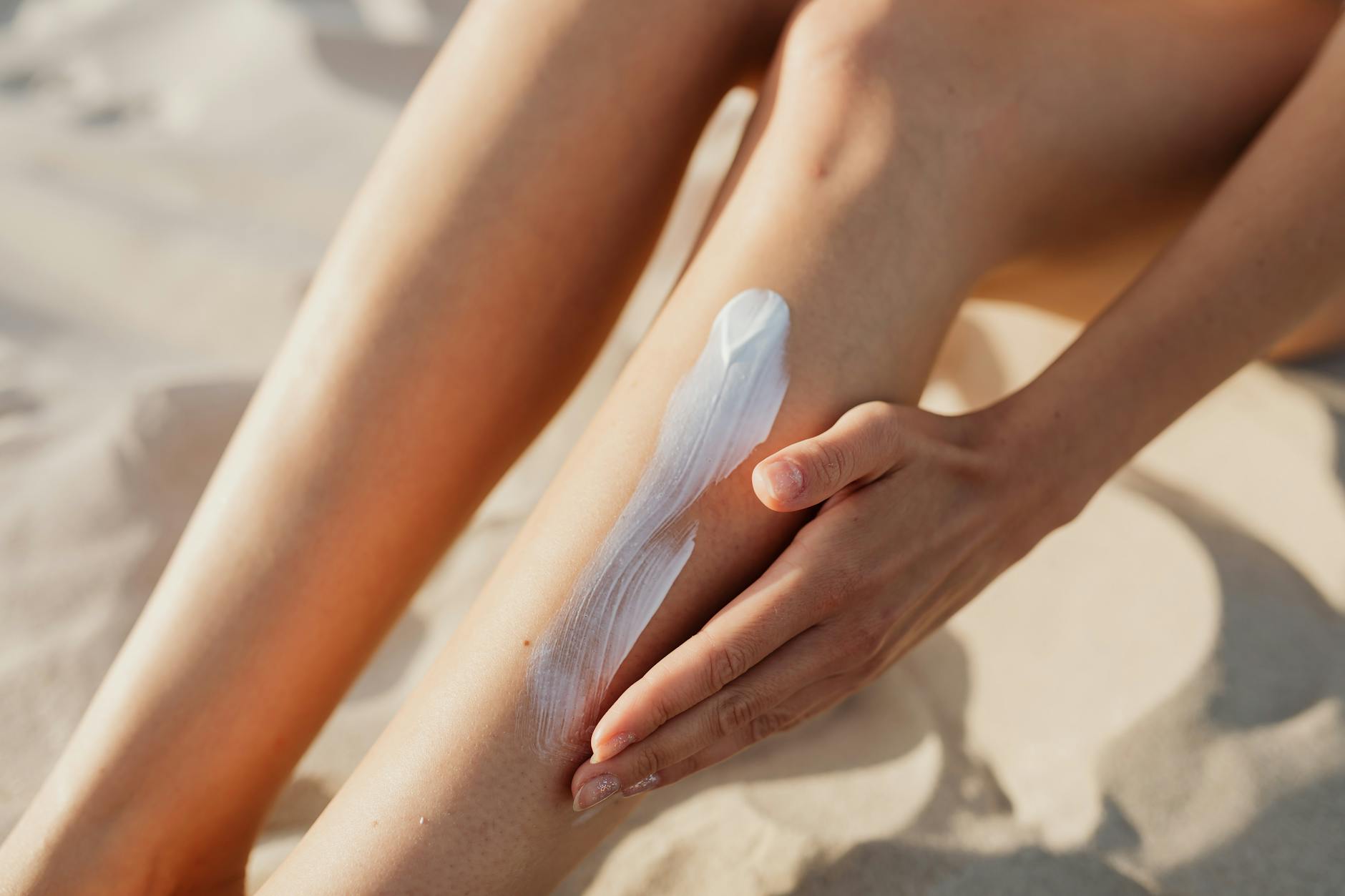Discover the secrets to avoiding pesky yeast infections with these expert tips and tricks. Don’t suffer needlessly – learn more now!
Table of Contents
Yeast infections are a common issue that many individuals face, but they can often be prevented with the right knowledge and practices. In this comprehensive guide, we will explore effective strategies for preventing yeast infections and maintaining optimal vaginal health.
Causes of Yeast Infections
Yeast infections, also known as candidiasis, are caused by an overgrowth of the fungus Candida. This overgrowth can occur due to a variety of factors, including:
- Antibiotic use
- Poor hygiene
- High sugar intake
- Weakened immune system
By understanding the underlying causes, you can take proactive steps to prevent yeast infections from occurring.
Effective Prevention Tips
Preventing yeast infections involves adopting healthy habits and making lifestyle changes that support vaginal health. Here are some proven tips to help you prevent yeast infections:
Maintain Good Hygiene
Regularly washing the vaginal area with mild soap and water can help prevent the overgrowth of yeast. It’s important to avoid harsh soaps or douches that can disrupt the natural balance of the vaginal flora.
Eat a Balanced Diet
A diet high in sugar and refined carbohydrates can contribute to yeast overgrowth. Incorporating probiotic-rich foods, such as yogurt and kefir, and eating a balanced diet with plenty of fruits and vegetables can support a healthy vaginal environment.
Avoid Tight Clothing
Wearing tight clothing, especially non-breathable fabrics like synthetic materials, can create a warm and moist environment that is conducive to yeast growth. Opt for loose-fitting, breathable clothing to reduce your risk of yeast infections.
Practice Safe Sex
Using condoms during sexual activity can help reduce the risk of spreading yeast infections and other sexually transmitted infections. It’s also important to communicate with your partner about any symptoms of infection and seek treatment promptly if needed.
| The Ultimate Guide to Preventing Yeast Infections: Tips and Tricks | |
|---|---|
| Tip | Explanation |
| Avoid Tight Clothing | Wearing tight clothing can create a warm and moist environment that is conducive to yeast overgrowth. |
| Practice Good Hygiene | Be sure to keep the vaginal area clean and dry to prevent yeast infections. |
| Use Unscented Products | Avoid using scented feminine hygiene products, as they can disrupt the natural balance of bacteria in the vagina. |
| Eat a Balanced Diet | Eating a diet rich in fruits, vegetables, and whole grains can help maintain a healthy balance of bacteria in the body. |
| Avoid Douching | Douching can disrupt the natural balance of bacteria in the vagina, increasing the risk of yeast infections. |
Stay Hydrated
Drinking plenty of water can help flush out toxins and support overall vaginal health. Aim to drink at least eight glasses of water per day to keep your body hydrated and functioning optimally.
Avoid Harsh Chemicals
Avoid using harsh chemical products in the vaginal area, such as scented soaps, powders, or sprays. These products can disrupt the natural balance of the vaginal flora and increase the risk of yeast infections.
When to Seek Medical Help
While yeast infections can often be prevented with proper care and hygiene, it’s important to recognize the signs of an infection and seek medical help if needed. Common symptoms of a yeast infection include:
- Itching or burning in the vaginal area
- Abnormal vaginal discharge that is thick and white
- Redness or swelling of the vulva
- Painful urination or intercourse
If you experience any of these symptoms, it’s essential to consult a healthcare provider for an accurate diagnosis and appropriate treatment.
Conclusion
By following these simple yet effective prevention tips, you can take proactive steps to safeguard your vaginal health and reduce your risk of yeast infections. Remember that maintaining good hygiene, eating a balanced diet, staying hydrated, and avoiding harmful chemicals are key components of preventing yeast infections. If you have any concerns or persistent symptoms, don’t hesitate to seek medical help for proper diagnosis and treatment.
FAQ Section
Can yeast infections be prevented?
Answer 1: Yes, yeast infections can be prevented by maintaining good hygiene, eating a balanced diet, staying hydrated, and avoiding harsh chemicals in the vaginal area.
What are the common causes of yeast infections?
Answer 2: Common causes of yeast infections include antibiotic use, poor hygiene, high sugar intake, and a weakened immune system.
When should I seek medical help for a yeast infection?
Answer 3: It’s important to seek medical help if you experience itching or burning in the vaginal area, abnormal discharge, redness or swelling of the vulva, or painful urination or intercourse.
How can I practice safe sex to prevent yeast infections?
Answer 4: Practicing safe sex by using condoms during sexual activity can reduce the risk of spreading yeast infections and other sexually transmitted infections. Communication with your partner about any symptoms is also crucial for prevention.





